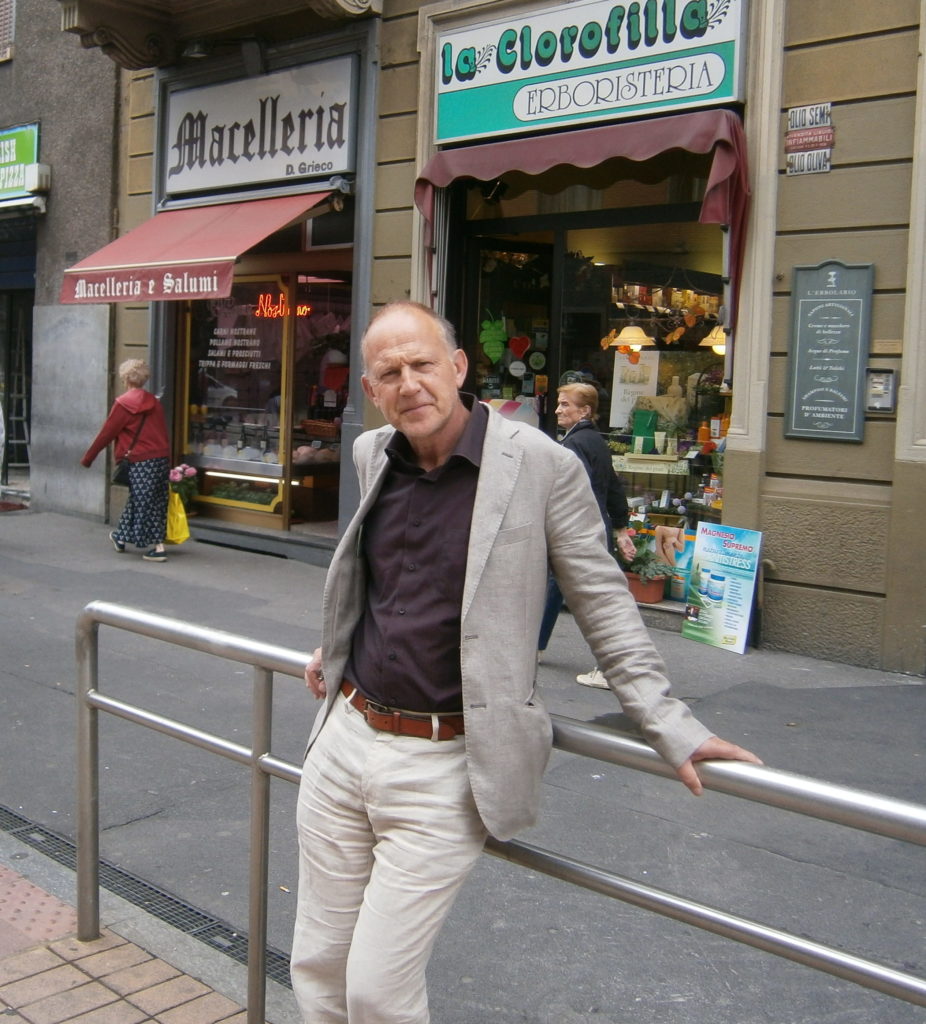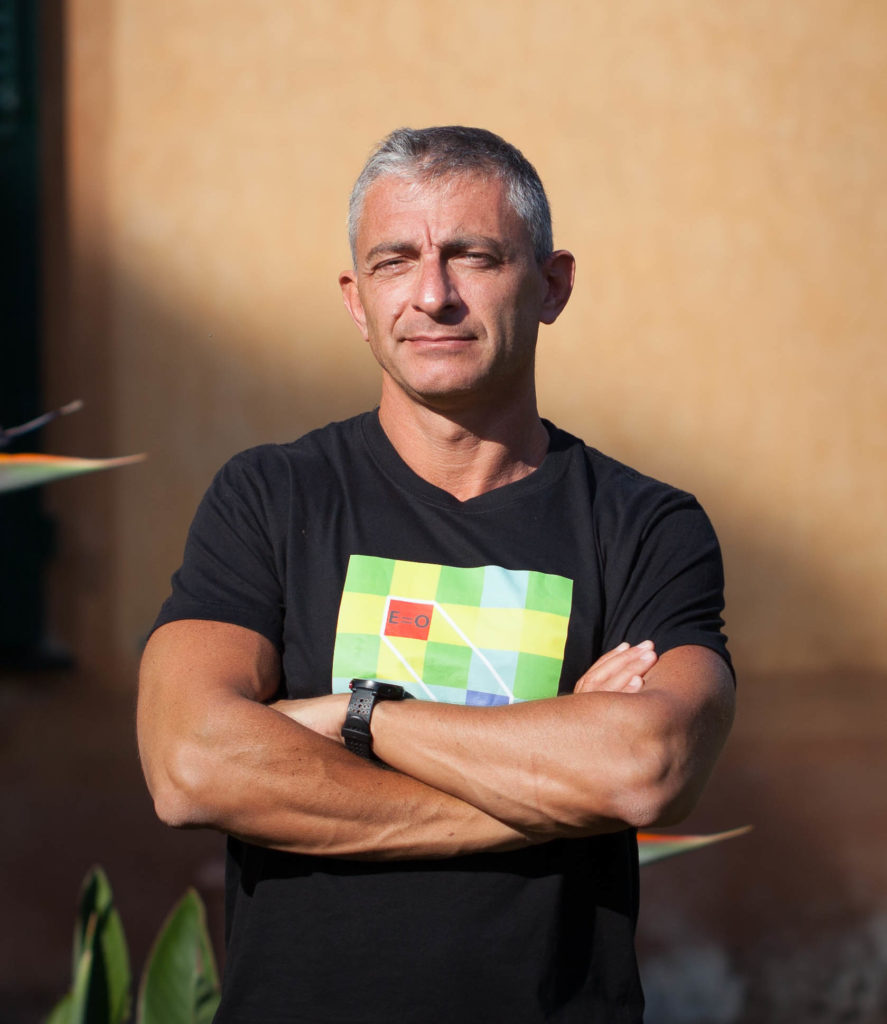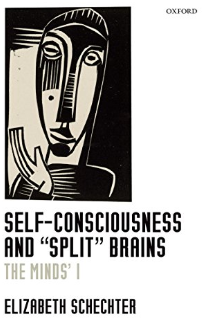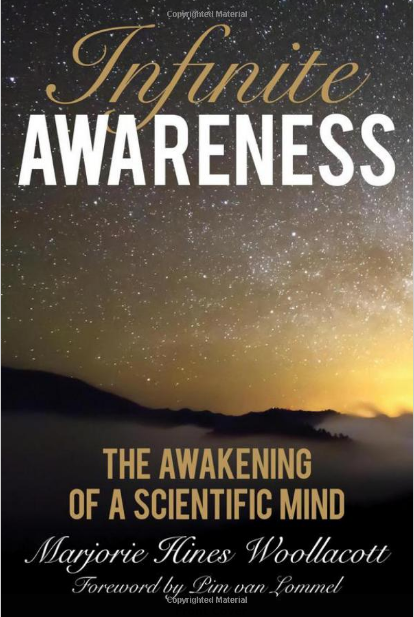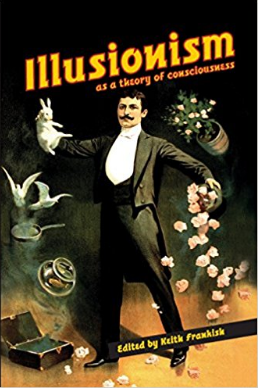In this episode, I had the honor of speaking with Dr. Chris Niebauer. Dr. Niebauer the the author of No Self, No Problem: How Neuropsychology Is Catching Up to Buddhism. He earned his Ph.D. in cognitive neuropsychology at the University of Toledo, with a focus on the differences between the left and right sides of the human brain. He is currently a professor at Slippery Rock University in Pennsylvania, where he teaches courses on consciousness, mindfulness, left- and right-brain differences, and artificial intelligence. We discussed mind versus consciousness and the link to Eastern philosophy. Please enjoy this episode with Dr. Chris Niebauer.
No Self, No Problem: How Neuropsychology Is Catching Up to Buddhism
We discussed:
- What is consciousness? Is it neurological, within the brain? The morphic field? What do you think?
- Asking the right questions about consciousness?
- Daniel Dennett
- How is consciousness different from mind?
- A selfish question: Consciousness and Taoism…what is the connection, how is one’s consciousness part of Taoism?
- Right brain yin, left brain yang?
- A selfish question: Consciousness and Taoism…what is the connection, how is one’s consciousness part of Taoism?
- You studied split brains as part of your doctoral work. What can the split brains tell us about our existence?
- How do the two sides differ?
- There are two radically different types of consciousness resulting from the left versus the right brain?
- Is there an ethical consideration, then, with two separate consciousnesses?
- What about our combined left-right brain? Your book has several ways the two sides work together — language, visual, beliefs, etc. What implications do these hold for our consciousness and our egos?
- Where did this “mind” originate from?
- How does knowing this help us go beyond it?
- What is the nature of the self and how does the mind create this?
- The self, or ego, is an illusion?
- Is that voice in our heads our self/ego?
- No Self, No Problem: How Neuropsychology Is Catching Up to Buddhism: How does the Buddha’s teachings fit so well with modern neuroscience? Observe the mind! You can change or train the inner thoughts.
- You refer to intuition as “another valid form of consciousness.” What do you mean by that? What is intuition?
- And creativity? Where do creative ideas come from?
- How is mind related to AI, but consciousness isn’t?
- Other thoughts?
- What’s coming in the study of consciousness that excites you?
- What will you be studying or writing about in the near future? Book coming next summer — consciousness and mind.
“Learn to use the mind, or the mind will use you.”
A Quick and Easy Exercise he recommends: One conscious breath. Breath in, slowly breath out. For a moment, you’re not your thoughts — here & now.
Check out Dr. Niebauer’s YouTube channel
Podcast: Play in new window | Download
